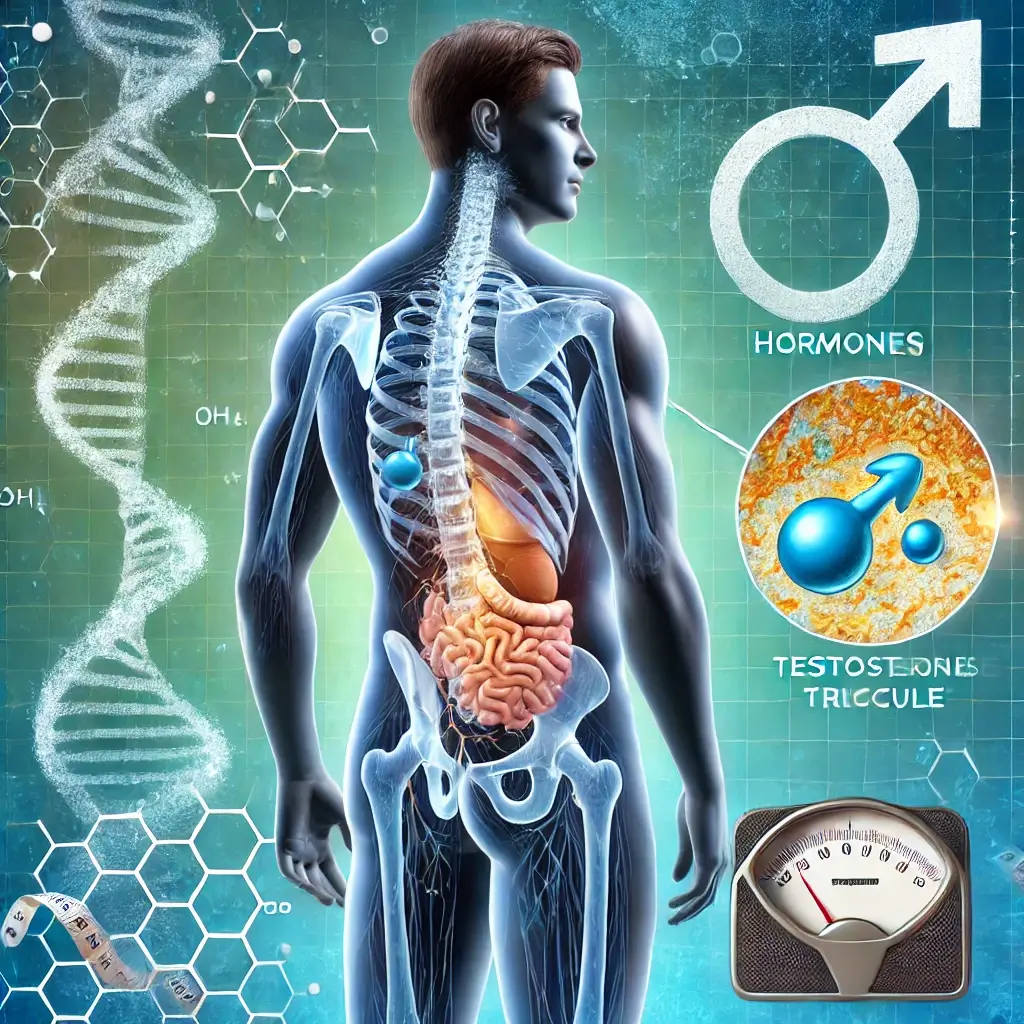The Intricate Relationship Between Weight and Testosterone
Indeed, weight determines optimal testosterone levels for maintaining good health. Obesity and low testosterone are firmly correlated, with excessive adipose tissue negatively affecting testosterone production through elevated estrogen synthesis and increased levels of sex hormone-binding globulin (SHBG).
The Power of Weight Loss on Hormone Levels
Scientific studies consistently demonstrate that weight loss can significantly affect testosterone levels in obese men. Even a modest decrease of 7-10% in overall body weight might result in a substantial rise in circulating testosterone levels.
Understanding the Complexity of Weight and Testosterone
The correlation between weight and testosterone is intricate. Excessive abdominal adipose tissue is linked to heightened aromatase activity, converting testosterone to estrogen. This enzymatic conversion can significantly reduce bioavailable testosterone, resulting in hormonal imbalance.
The Impact of Inflammation on Hormonal Balance
Obesity often coincides with increased inflammation, further disrupting the balance of sex hormones. Excessive fatty tissue can negatively affect the hypothalamic-pituitary-gonadal axis, responsible for regulating testosterone production.
Benefits of Moderate Weight Reduction
By achieving moderate weight reduction, individuals can counteract these detrimental processes and restore testosterone levels to a more favorable range. This hormonal enhancement can impact various aspects of well-being, including sexual performance, muscle mass, cognitive abilities, and cardiometabolic health.
Weight Loss Benefits Beyond Obesity
It’s crucial to note that the positive effects of weight loss on testosterone are not exclusive to significantly obese individuals. Men with slightly higher BMI can also see notable enhancements in testosterone levels by adopting healthier lifestyle choices.
The Path to Hormonal Balance
Integrating a well-rounded diet and consistent physical activity into daily routines can be a successful approach for men to enhance their testosterone levels and general well-being. Consult with your doctor to evaluate your condition and discuss weight management techniques as components of a treatment regimen.
Additional Factors to Consider
While obesity is a significant contributor, even men within a healthy weight range may experience changes in testosterone levels due to factors like age or heredity. Adopting a nutritious diet and engaging in physical activity is typically recommended to optimize hormonal balance and overall health.
